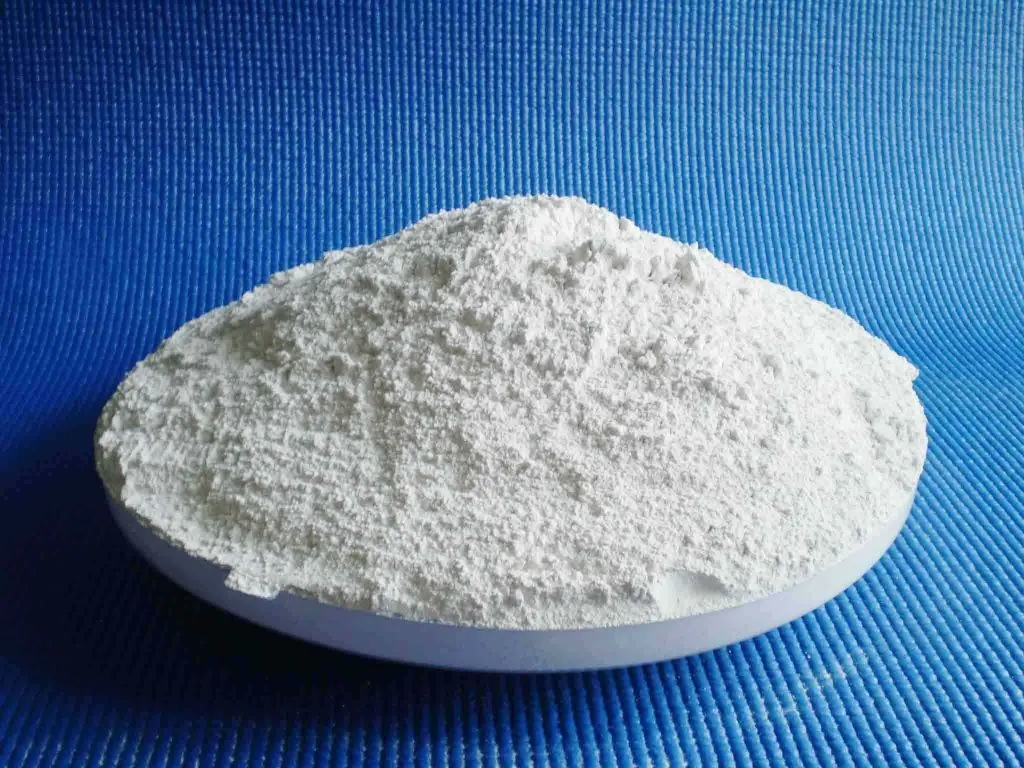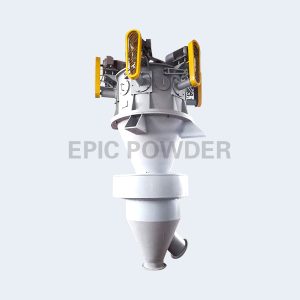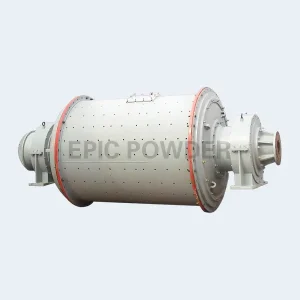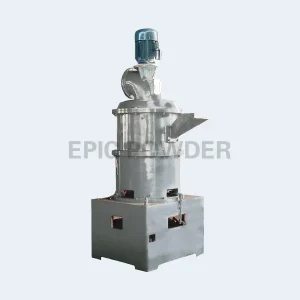Kaolin in various industries plays a crucial role due to its unique properties and versatility. This fine white clay is key in making porcelain and stoneware. It is widely used in the ceramics industry. Kaolin’s fine particles and high plasticity make it ideal for ceramics. It enhances their strength and durability. It is also used to make tiles and sanitary ware. It improves their look and function.
(1) Ceramic industry

The ceramic industry was the first to use kaolin. It also uses the most kaolin. The general amount is 20% to 30% of the formula. Kaolin’s role in ceramics is to add Al2O3. This can improve its stability and sintering strength.
(2) Rubber
Adding kaolin to the rubber mixture can improve its stability. It can also improve its wear resistance and strength. It also makes the hardening time longer. It also improves mixing, vulcanization, and rheological properties. It raises the thickness of the unhardened product. This stops it from sinking, collapsing, sagging, or deforming.
(3) Paint pigments
Kaolin has long been used as a filler for paints and varnishes. It is white, cheap, and has good fluidity. It also has stable chemicals and a high cation exchange capacity.
(4) Refractory materials
Kaolin has good refractory properties and is often used to produce refractory products.
(5) Catalysts
Kaolin can be used as a catalyst matrix. It can also be used after acid or alkali modification. Or, it can be made into molecular sieves or catalysts. These catalysts contain Y-type molecular sieves. This is done through in-situ crystallization technology.
(6) Cable materials
Making high-insulation cables requires adding too many performance improvers.
(7) Lubrication field
Kaolin has a layered structure and small particle size, which makes it have good lubricity.
(8) Heavy metal wastewater treatment
Kaolin has abundant reserves, wide sources and low prices. Its 2D layered structure gives it a large surface area. This helps it absorb well.
(9) Secondary resource utilization
Modified kaolin is also used in the field of reusing resources. It is used to recover metal ions.
(10) Treatment of degraded oil products
Currently, the most common method for treating degraded oil products is adsorption regeneration. It mainly uses silica-alumina adsorbents made from processed bentonite, kaolin, etc.
(11) Building phase change thermal storage materials
We used dimethyl sulfoxide (DMSO) as an intercalation agent to intercalate and modify coal-based kaolin. We used the melt intercalation method. The intercalated kaolin was used as the matrix.
(12) Solar energy storage materials
The material is made from kaolin and sodium stearate. They are the raw materials. It is a new type of heat storage material that changes phase.
(13) Molecular sieves
Kaolin is abundant in reserves. It is cheap and has a high aluminum-silicon content. This makes it a good raw material for making molecular sieves.
(14) Kaolinite organic intercalation materials
The intercalation method involves inserting organic molecules or layered polymymers into inorganic materials. This makes materials called intercalation composites.
(15) Nanomaterials
Nanomaterials have many special properties due to their small size. They shield ultraviolet and electromagnetic waves. The military, communication, computer, and other industries use them. Adding nanoclay to water dispensers and refrigerators gives them antibacterial and disinfecting effects. Adding nanoclay to ceramics can increase their strength by 50 times. It can be used to make engine parts.
(16) Preparation of glass fiber
Kaolin is important for making glass fiber. It provides Al2O3 and SiO2 for the glass.
(17) Mesoporous silica materials
Mesoporous materials are materials with pore sizes of 2 to 50 nm. They have large porosity, adsorption capacity and specific surface area.
(18) Hemostatic materials
Uncontrolled bleeding after trauma is the main cause of high mortality. The natural hemostatic agent daizheshi can control bleeding. Based on this ability, researchers made a new type of iron oxide/kaolin nanoclay.
(19) Drug carrier
Kaolin is a 1:1 layered crystal with a tight and uniform arrangement and a large specific surface area. It is often used as a sustained-release material.
(20) Antibacterial material
Kaolin is a natural clay mineral. It may have uses in antibacterial materials. Kaolin has unique properties. It is pure, stable, and non-toxic. So, it is ideal for boosting the antibacterial activity of various products. Kaolin can inhibit harmful bacteria when used in coatings, textiles, and biomedical devices. This reduces the risk of infections. Its porous structure allows it to adsorb moisture and other substances. This can enhance its antibacterial properties. Also, kaolin can be modified or combined with other antimicrobials to create synergy. It is valuable for developing safer, more effective antibacterial materials for many uses.
(21) Tissue engineering
Kaolin was used as a binder. It was used to make a three-dimensional MBG scaffold. The scaffold has excellent strength, mineralization ability, and good cell response. It was made using a modified polyurethane foam (PU) template method.
(22) Cosmetics
Kaolin can be added to cosmetics to boost oil and water absorption. It also improves how well cosmetics stick to the skin. It also improves their moisturizing function.
(23) Application of kaolin in the papermaking industry
In papermaking, the global kaolin market is strong. It sells more than ceramics, rubber, paint, plastics, and refractories.
Kaolin in various industries also finds significant applications in the paper and paint sectors. In paper manufacturing, kaolin is a filler and coating agent. It improves the brightness and smoothness of paper products. It improves printability. So, it is a top choice for high-quality printing papers. In the paint industry, kaolin is a pigment and extender. It adds opacity and improves paint texture. This versatility shows kaolin’s key role in many sectors. It is vital to modern manufacturing.
Kaolin in Various Industries needs the following equipment to produce fine powder
Qingdao Epic Powder Machinery Co., Ltd. is a professional powder equipment manufacturer. The products include: jet mills, ball mill, air classifiers and modifiers. Surface coating equipment from Qingdao Epic includes: pin- mill modifier, turbo- mill modifier, three-roller modifier and multi-rotor -mill modifier.
If you have any related needs or questions, please contact Qingdao Epic directly.



